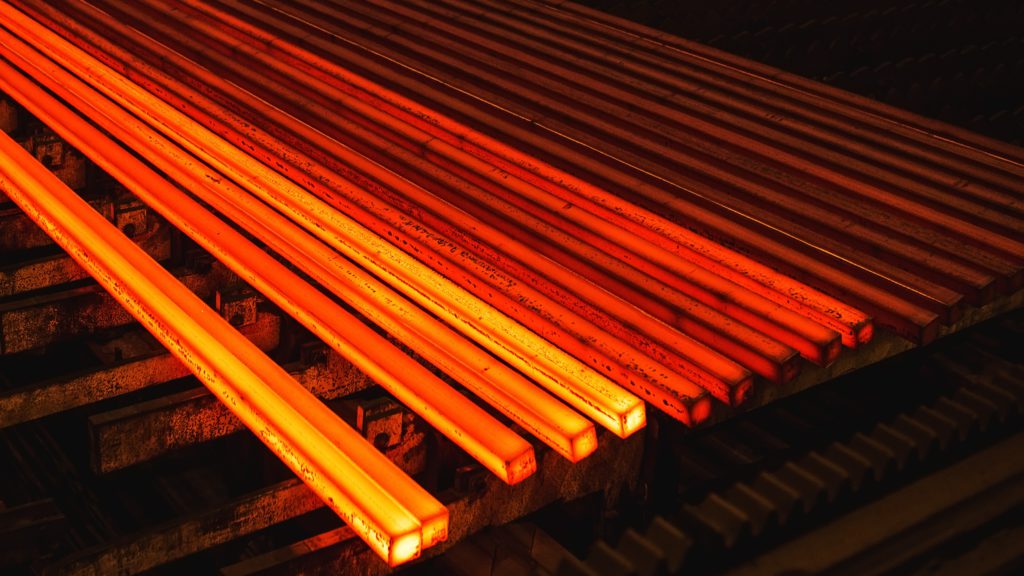Iron ore posts weekly gain as investors assess fresh Beijing stimulus

Iron ore futures retreated on Friday, but ended the week higher as investors assessed top consumer China’s latest pledge of further stimulus measures to shore up its faltering economy.
The most-traded January iron ore contract on China’s Dalian Commodity Exchange (DCE) ended daytime trade 1.12% lower at 797.0 yuan ($109.50) a metric ton.
The contract edged 0.31% higher this week, marking its fourth consecutive weekly rise.
The benchmark January iron ore on the Singapore Exchange fell 2.13% to $103.8 a ton, and has gained 2.65% so far this week.
“Markets were highly disappointed at the lack of concrete specifics from China’s Central Economic Work Conference, given such a promising start to the week from … the Politburo,” said Atilla Widnell, managing director at Navigate Commodities.
The letdown came despite Chinese authorities signalling the fine print on policy would be released in and around March 2025, Widnell added.
Beijing pledged on Thursday to increase its budget deficit, issue more debt and loosen monetary policy as it braces for heightened trade tensions ahead of a second Donald Trump presidency.
The remarks came in a readout of top Chinese leaders’ annual Central Economic Work Conference, held on Dec. 11-12.
“With the recovery path for China still bumpy … we’ll struggle to see a long-term move higher for iron ore prices,” ING analysts said, adding that this will continue until the market sees signs of sustainable economic recovery and growth.
Also pressuring ore prices are high portside stocks, standing at above 150 million tons – the highest ever for this time of the year, ING added.
Other steelmaking ingredients on the DCE lost further ground, with coking coal and coke down 2.15% and 3.12%, respectively.
Steel benchmarks on the Shanghai Futures Exchange weakened. Rebar shed 1.73%, hot-rolled coil dropped almost 1.9%, wire rod eased nearly 1.3% and stainless steel slipped 0.57%.
($1 = 7.2784 Chinese yuan)
(By Gabrielle Ng; Editing by Sumana Nandy and Sherry Jacob-Phillips)
{{ commodity.name }}
{{ post.title }}
{{ post.date }}




Comments